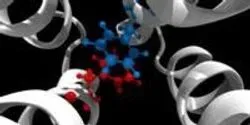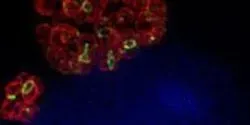Disease Treatment
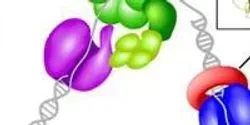
Human cells make new copies of their DNA billions of times each day, a crucial process upon which life itself depends. However, scientists do not fully understand how cells unzip the double-stranded DNA molecule before replicating both halves of it. New work at Rockefeller may help change that.

On May 9, the Global Medical Excellence Cluster (GMEC) announced a five-year collaborative agreement with Pfizer Inc. that provides a framework for the research and development of new and innovative medicines for rare diseases.
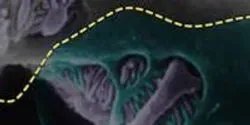
Before doctors like Matthias Kretzler can begin using the results of molecular research to treat patients, they need science to find an effective way to match genes with the specific cells involved in disease. As Kretzler explains, finding that link would eventually let physicians create far more effective diagnostic tools and treatments.
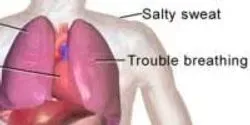
A new sweat test for cystic fibrosis developed at Stanford University produces more detailed information than before, which may aid treatment of the disease.




